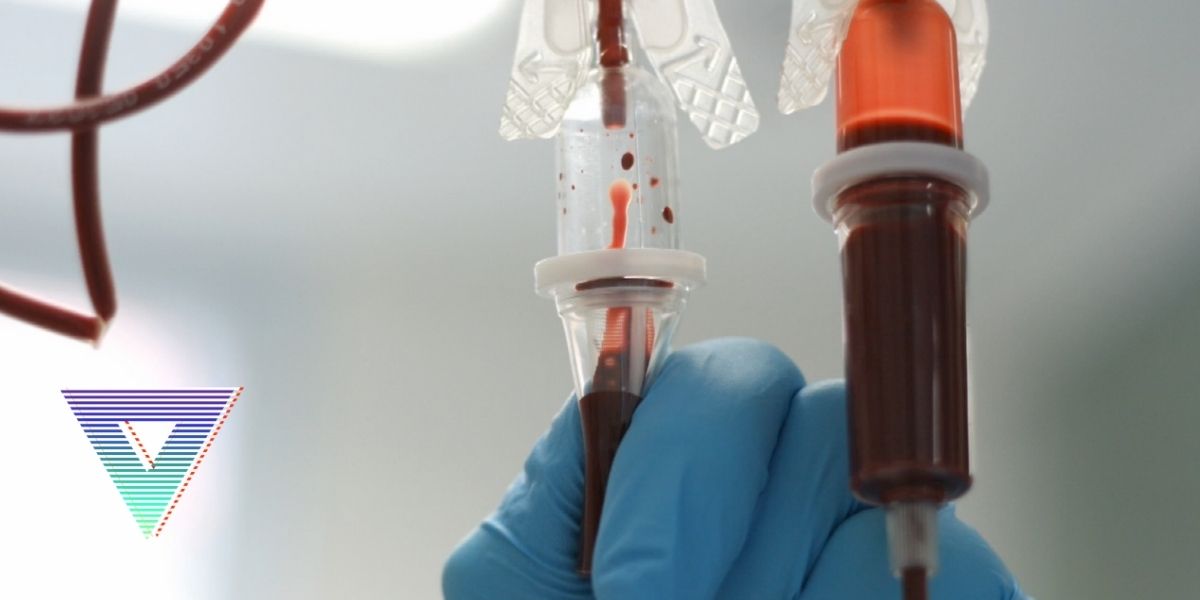Global warming and the Jellyfish toxidrome.
From #CodaZero Live, Alice Young provides a brief update on the presentation, complications and management of Irukandji syndrome. Importantly, she explains why we all need to know about it.
Evidently, with ocean temperatures rising we are seeing an increasing number of Irukandji jellyfish and subsequent stings in waters further and further south.
In Australia, approximately 50-100 people are stung by these jellyfish annually.
Furthermore, reports show that people typically experience symptoms between five minutes and two hours post sting. These symptoms include severe pain, headaches, shortness of breath and ‘an impending sense of doom.’
Irukandji jellyfish have the potential to cause Irukandji syndrome. That is, a life threatening envenomation syndrome that causes severe pain, heart failure and intracranial haemorrhage.
These jellyfish stings are becoming more and more common in southern regions of Australia. Therefore, it is important that healthcare workers understand the characteristics of the sting and how to respond with treatment.
Listen to the full episode “Global warming and the Jellyfish toxidrome” wherever you get your podcasts.
Finally, if you enjoyed this podcast, there’s plenty more where this came from! Head to our podcast page to choose from over 23 medical categories and find exactly the podcast you are looking for. #CodaPodcast





